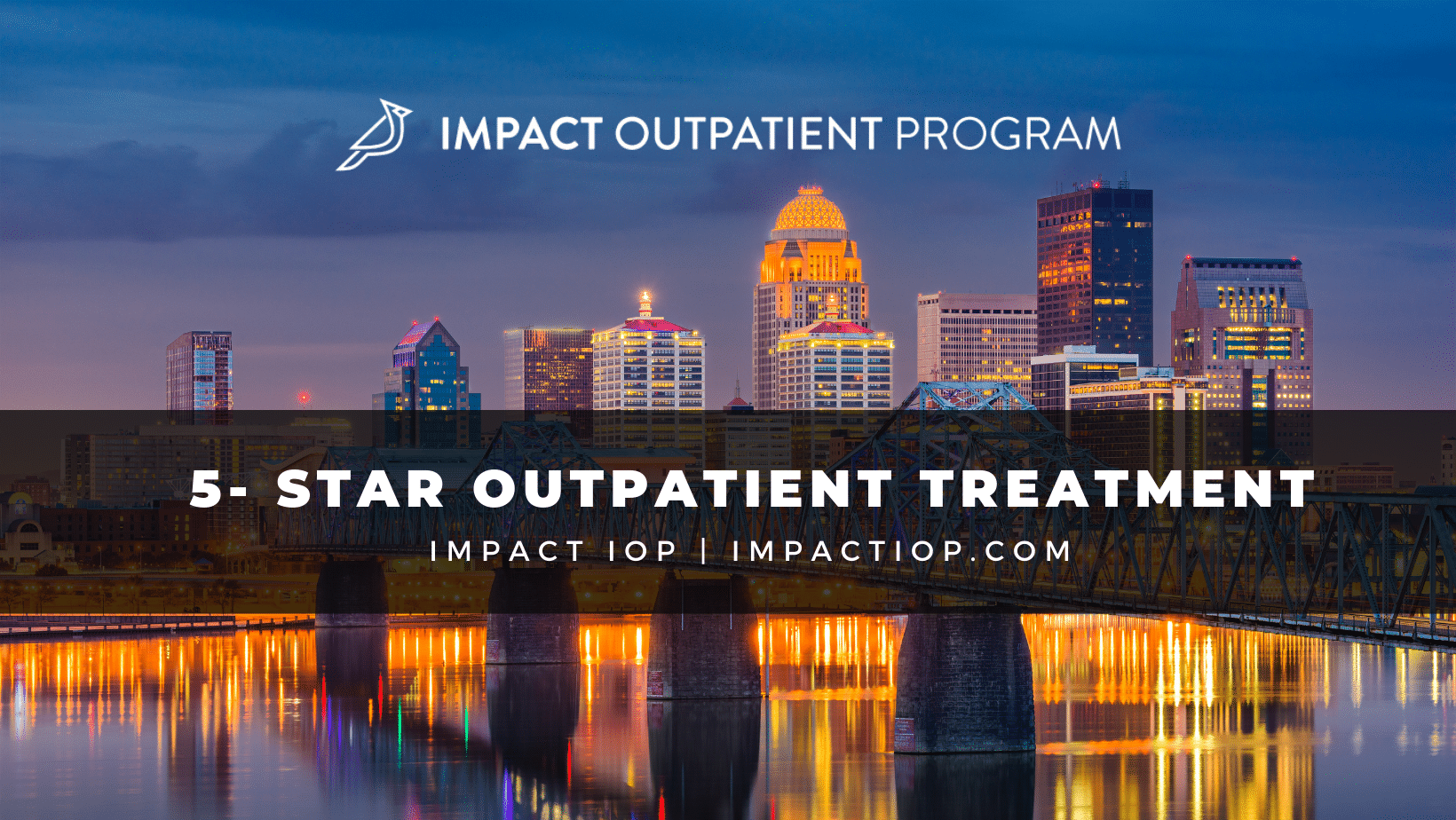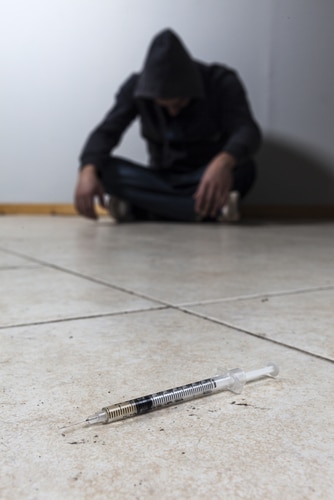INTERVENTION SERVICES FOR DRUG & ALCOHOL TREATMENT
Drug and alcohol addiction can have a devastating impact on individuals and their loved ones. Fortunately, there are intervention services available to help those struggling with addiction. These services are designed to provide support to individuals who may be resistant to seeking help or unaware of the severity of their addiction. By working with an intervention specialist, families and friends can learn how to approach their loved one in a compassionate and effective way. Intervention services also provide a crucial step towards getting individuals the treatment they need to overcome addiction and reclaim their lives. With proper intervention, those struggling with addiction can start on the path towards recovery and brighter future.

When to Perform an Intervention for a Loved One
Watching a loved one struggle with an addiction can be heartbreaking. You may find yourself feeling helpless and wanting to “fix it” for them. Unfortunately, it’s not that simple when it comes to addiction. Denial is a common experience for addicts and alcoholics, which can be frustrating for loved ones to witness.
It is essential to be aware of what you are enabling and your codependency in order to catch yourself if you are falling into any of those patterns within your relationships. More often than not, these behaviors come from a good place with good intentions. However, they turn into unhealthy behaviors for both people.
Codependency and enabling can be difficult to separate. Enabling can be present in a co-dependent relationship. Enabling can look like paying for bills, giving cash, and making excuses for the addict or alcoholics. Codependency is an unhealthy relationship pattern where one person makes sure that the other person’s needs are being met. By doing this, the addict or alcoholic is able to continue their destructive behaviors without the natural consequences they would typically experience. Codependency often means neglecting your own needs because you are so focused on the other person. Engaging in therapy could help you move towards a healthier relationship if you are struggling with codependency.
Addiction interventions are organized meetings where family and friends share their concerns for someone struggling with addiction. It should be a small group of people because you don’t want to overwhelm or make the individual feel overpowered. Many of the interventions that are shown on TV are made for television, which means that they are not the best example to follow.
You can look for red flags regarding the progression of someone’s addiction. Depending on the substance that they are using, you may be able to pick up on signs of physical dependence. This would include withdrawal, needing to use in the morning to cure a hangover or withdrawal, and having a tolerance. You may notice that they are frequently impaired.
Behavioral signs include withdrawing from activities and obligations, moodiness, sudden financial struggles, new legal charges, conflict at home, changes in social circle, and new challenges at work.
It is important to note that the behavioral signs mentioned above do not automatically mean that the individual has an addiction. They could be the result of various mental health struggles or normative life changes. Because of this, it is crucial to not jump to conclusions that their changes are due to an addiction. A history of mental health concerns may be a sign that there is a new mental health concern at play.
Impact Outpatient Program is a one-of-a-kind outpatient drug & alcohol treatment center that offers a path to lasting, sustainable recovery.

Fill out our free insurance verification form to find out your benefits and coverage options for substance abuse treatment.
At this time we do not accept Medicaid or Medicare policies.
Tips for Holding an Alcohol or Drug Intervention
The first suggestion would be to examine the motivations for wanting to hold the intervention. Interventions are effective for sharing your concern with the individual. If appropriate, you can share with them your hope that they would be open to getting treatment for their addiction.
Intervention services are not effective in forcing someone to attend treatment. Research has shown that what we know as internal motivation leads to healthier and longer recoveries. Internal motivation would be being motivated for yourself, while other people and our environment drive external motivation.
With that being said, it is important to check your expectations before the intervention. Expecting it to end in your loved one going to rehab could lead to a negative experience if your loved one does not agree with you.
It is important to be mindful of how you are talking about your concerns. When someone talks to us and talks about all the things we are doing wrong, we usually get defensive. This can happen in intervention as well and actually push the loved one further away. To avoid this, try using “I statements .” These can be used as a tool to communicate your feelings and concerns in a way that does not blame the other person. You are more likely to have your concern heard with these statements.
Try to hold intervention services in a “neutral” environment. The purpose of this is to help everyone feel as comfortable as possible. If you are not in a neutral space, anyone can have their defenses up, which can hurt the intervention process.
When you choose the other individuals to participate in an intervention, try to have it be those closest to your loved one. You will want to discuss the motivation and expectations for the intervention with them so that everyone is on the same page. Having everyone write down what they want to say can help avoid any miscommunication at the moment. This can also help ensure that “I statements” are being used appropriately.
A strategy that is often used during interventions is offering an ultimatum. However, rather than thinking of it as an ultimatum, think of it as a new boundary. The individuals hosting the intervention are doing so because they are worried about their loved ones. Addiction affects loved ones significantly, and setting boundaries with the person in active addiction can help protect the loved ones. The hope is that these new boundaries can motivate the alcoholic or addict to get help for their addiction.
Speaking with a professional interventionist can help everyone involved prepare for the intervention, make suggestions that can help make it more effective, and come prepared with directions for what happens after the intervention.

How an Intervention Specialist in Kentucky Can Help
Professional interventionists can provide an invaluable service to you. They are knowledgeable and have the experience to help you plan an effective intervention. Taking the time to speak with a professional can make a huge difference in your intervention and can potentially change the outcome.
Having a loved one who struggles with an addiction is hard enough; let a professional help you plan your intervention. This can help reduce some of the stress and pressure that you can feel about having the intervention.
Professional interventionists are also familiar with addiction treatment programs in your area, and would be able to make recommendations for treatment options should your loved one agree to get help for their addiction. Having the referral information before going into the intervention is ideal so that you can have a conversation about the options available.
INTENSIVE OUTPATIENT
Our intensive outpatient program helps those addicted to drugs & alcohol is finding a sustainable path to long-term recovery through continued, long-term treatment.
OUTPATIENT PROGRAM
The outpatient program at Impact Outpatient Program is a step-down level of care program that incorporates the foundations of our core program on a less intense basis.
MULTIPLE PATHWAYS
Impact Outpatient Program offers multiple pathways to addiction recovery through traditional and evidence-based programming at our Louisville area treatment center.
INTENSIVE OUTPATIENT
Our intensive outpatient program helps those addicted to drugs & alcohol is finding a sustainable path to long-term recovery through continued, long-term treatment.

Get Help From Our Drug and Alcohol Intervention in Kentucky
Kentucky intervention services can lead to a detox program, an inpatient treatment program, or an outpatient treatment program. Impact IOP offers outpatient treatment options for individuals in recovery in the Louisville area.
Our outpatient treatment at Impact IOP is designed for individuals who completed an inpatient treatment program, and those who have a mild use disorder. We are able to modify our treatment program so that you are getting the help you need.
Our IOP program includes 15-25 hours of intense group therapy and typically one hour of individual therapy. We use the best evidence-based practices and can modify our program to address your specific personal needs. We are a fully inclusive and LGBTQ+ friendly environment. We are able to modify your treatment for you and will work with you to meet you where you are.
Our treatment center was designed with your comfort in mind because we wanted to make sure that it’s a space that you can feel safe and comfortable in so that you can focus on your recovery.
We specialize in both alcohol and various drug addictions. We have the experience and knowledge to help with various mental health concerns such as depression, anxiety, and PTSD. We pride ourselves on providing compassionate and supportive care, and we recognize the stigma and barriers that someone may face when beginning their recovery. We are here to support you in this transition.
If you or someone you love is struggling with addiction and would like to know more about our outpatient treatment options, we invite you to call Impact IOP at (502)912-1038. We would be happy to answer any questions that you may have.

ALCOHOLISM

ADDICTION

DUAL-DIAGNOSIS

TELEMEDICINE
REACH OUT & TALK WITH US
WE LEARN ABOUT YOU
We take the time to learn about your needs and whether or not Impact is the best choice.
WE WILL HELP, NO MATTER WHAT
BEGIN YOUR JOURNEY (502) 912-1038
Let Impact Outpatient Program help you find your path to lasting recovery from substance abuse right now. Same-Day Admissions Available.
